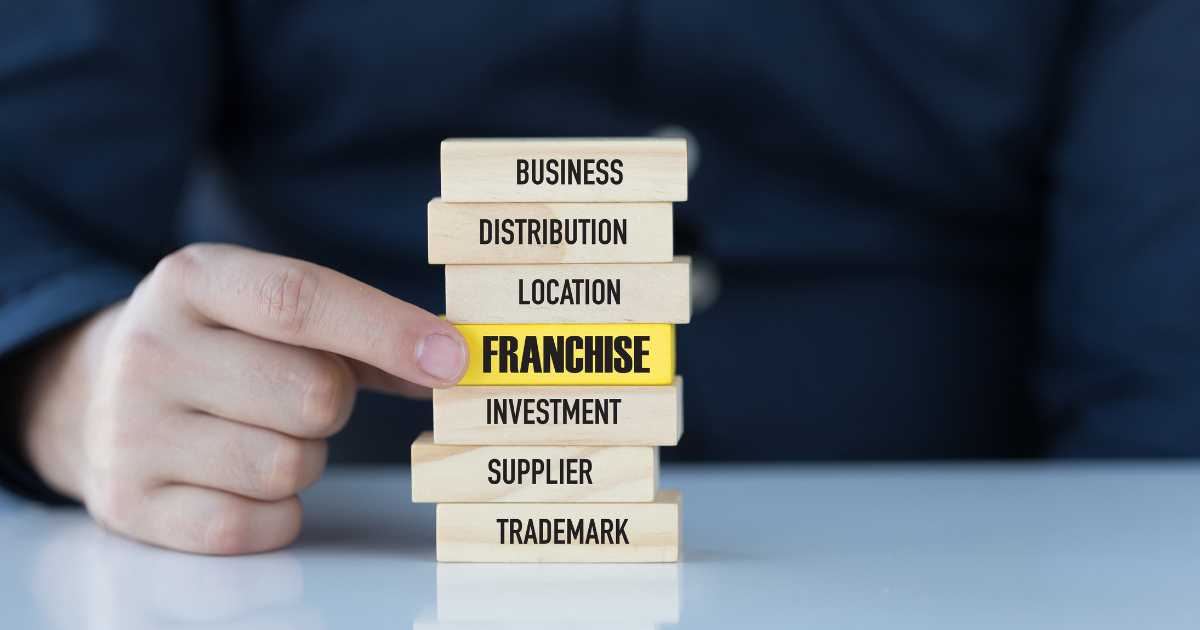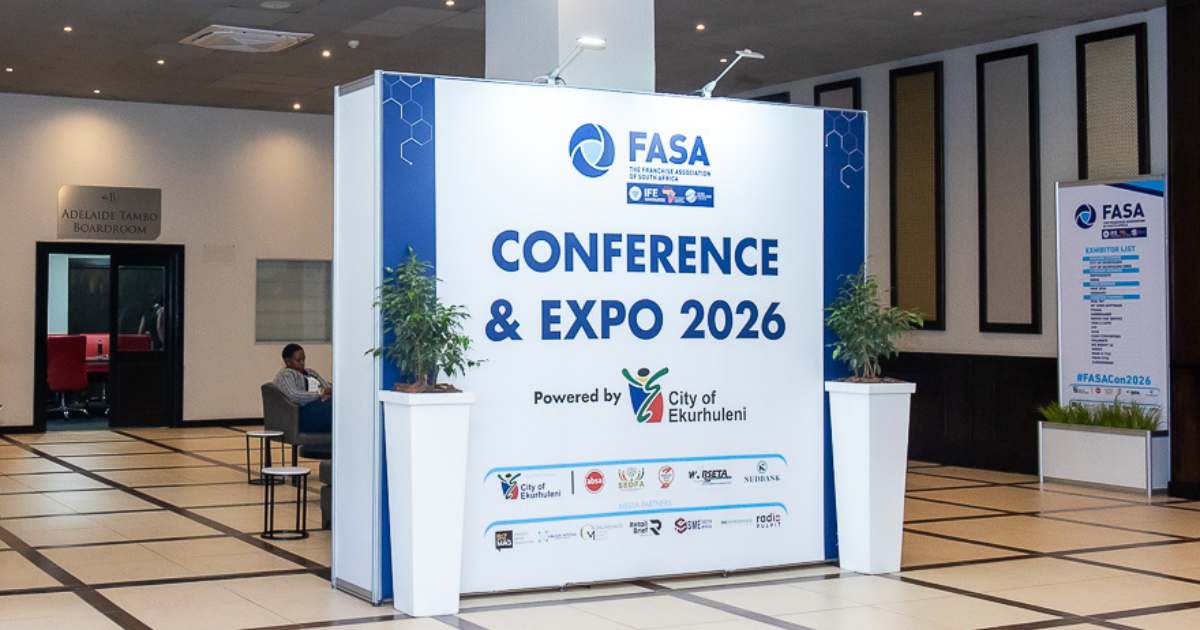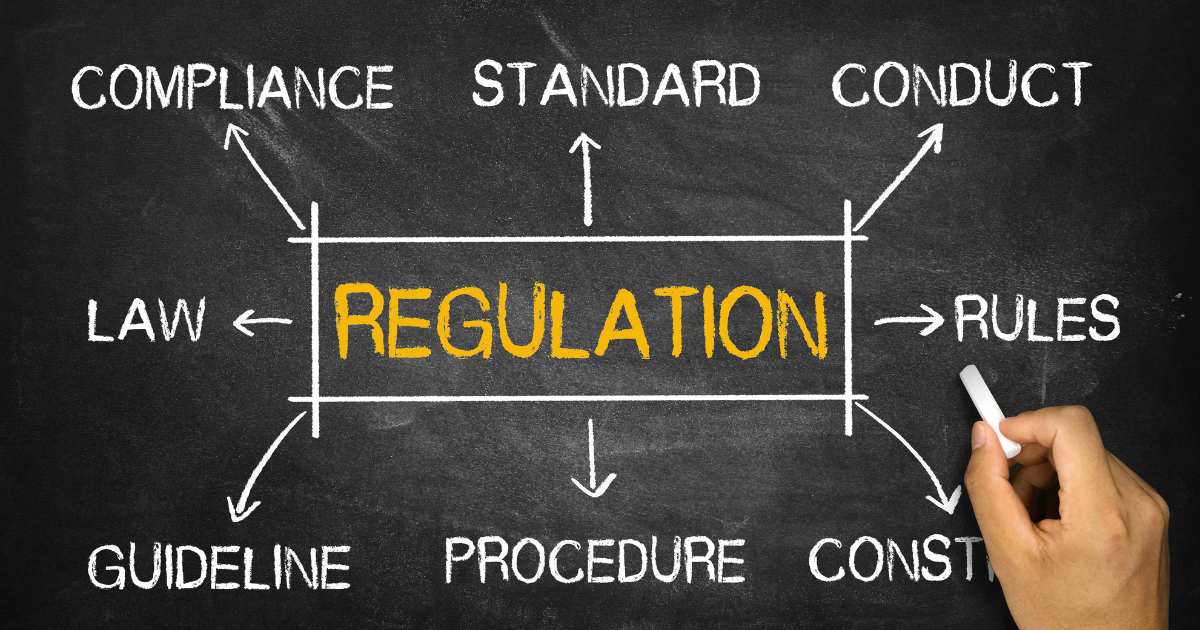
Buying into a franchise can be a profitable business. When you’ve gotten into a good franchise model, running the business can be much smoother than starting your own business model.
It is perceived as an effective business model as you get an established brand, training, and systems that already work. However, practising caution and ensuring that you do your due diligence is important. This doesn’t mean every franchise is a good investment. Many entrepreneurs sign on too quickly without checking if the business is truly legitimate or sustainable.
Verifying a franchise is about more than reading a brochure and taking someone’s word for it. It’s about asking the right questions, reading the fine print, and understanding what you’re buying into. Here, we’ll help you make a confident and informed decision.
1. Do Your Research on Franchise Laws
There are several laws that exist to regulate franchising in South Africa. The Consumer Protection Act (CPA) sets the foundation for franchising. The CPS requires written agreements, full disclosure, and a 10-day cooling-off period. The Competition Act ensures fair business practices, while the Companies Act governs how franchises are registered and structured.
The Franchise Association of South Africa (FASA) encourages fair business through its Code of Ethics. It guides how franchisors and franchisees should treat each other. The Trademarks Act and common law protect business names, logos, and trade secrets. These laws create fairness and trust in the industry. They help entrepreneurs check if a franchise is real and run their business legally in South Africa.
2. Check if the Brand is Under FASA
FASA stands for the Franchise Association of South Africa. Having been established in 1979 by the collaboration of franchise pioneer brands like Steers, Milky Lane, Mike’s Kitchen, Wimpy, and many other brands. These brands came together to form an association to set the bar for ethical standards that franchise brands would follow. FASA also created an opportunity for businesses to network.
How to Check a Franchise on FASA
If you have been presented with a franchise opportunity, you can check on FASA’s directory to see that the franchisor has agreed to follow the FASA Code of Ethics.
To see who’s on FASA’s member list. Follow these steps:
- Head to the Franchise Association of South Africa website.
- Click on the hamburger menu in the top right corner.
- Scroll down and click on Franchise Directory.
- Head to the search bar and enter the company name.
If the name doesn’t appear, then the company might not be a FASA member.
3. Review the Franchise Disclosure Document
Every franchisor in South Africa must give you a disclosure document at least 14 days before you sign an agreement or pay any money. This document should include:
- The number and location of existing franchises
- The company’s financial performance over the last year
- A certificate from an accountant confirming the franchisor’s financial health
- A list of current franchisees you can contact
Go through this document carefully with your accountant and lawyer. Many entrepreneurs assume that receiving it means the opportunity is legitimate. But what you need to do is have a good look at the numbers. If the numbers are too good to be true, then they probably are.
4. Look Beyond the Paperwork
Doing your franchise due diligence is not just about looking at papers. You need to understand how the business actually works.
Familiarise yourself with the business and visit various franchisees. Watch how they operate, how staff treat customers, and how the store is managed. Try to get an experience of the business across various locations to assess if the franchise maintains the same quality across all locations.
Have a look at the local market. If you’re looking at investing in a food franchise, look at aspects like how many people pass by that area, location safety, and lease terms. Franchisors often control the lease, and in this case, you need to find out what that means if the partnership ends.
5. Plan Your Exit Early
Even if you expect success, it’s wise to plan for challenges. Ask what happens if you decide to sell or close the business. Some contracts make it hard to transfer ownership or leave without paying penalties.
Having a clear exit plan protects your investment. Knowing your options early gives you control if things change later.






